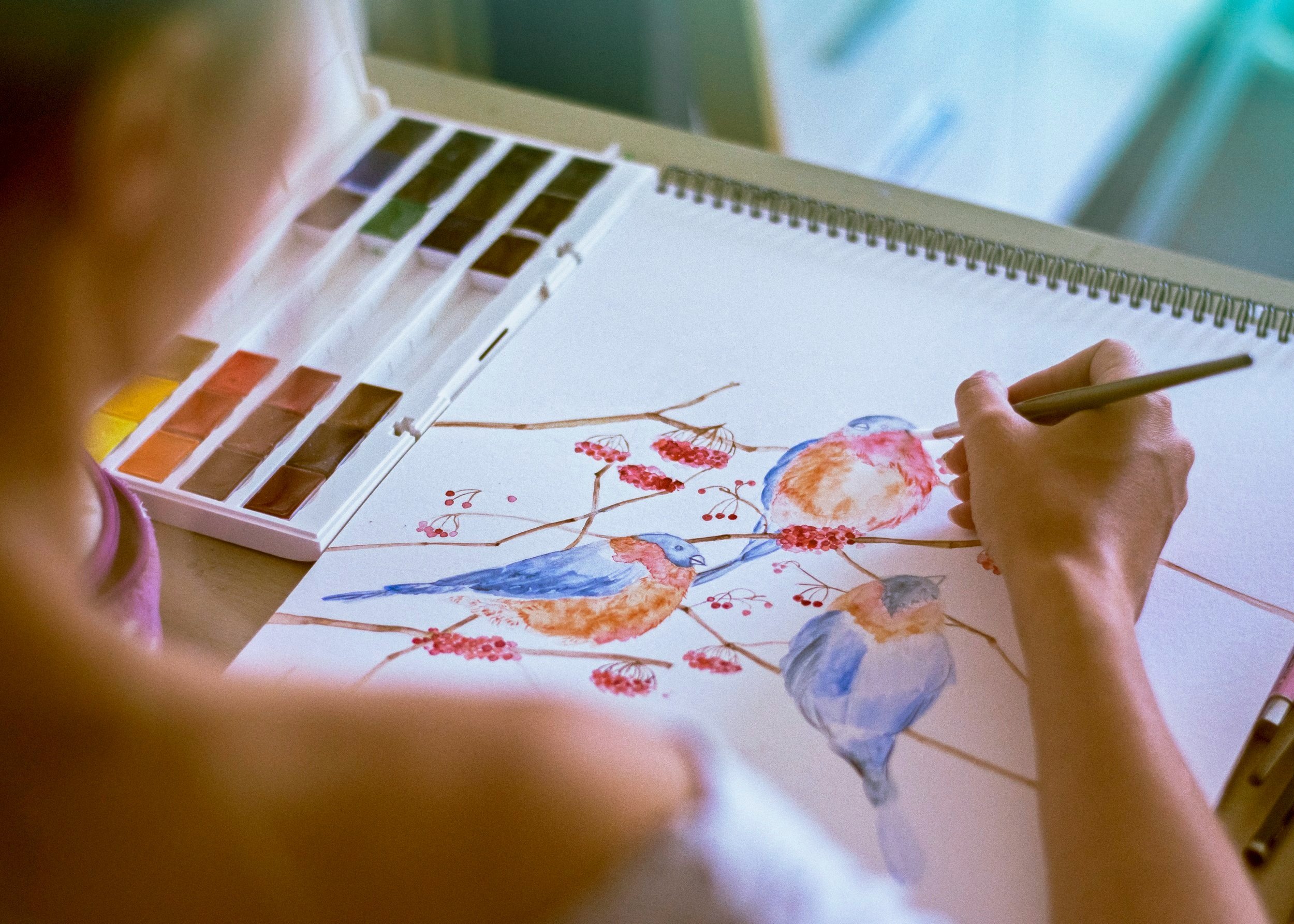Fledge. v. [flej]
- to acquire the feathers necessary for flight or independent activity;
- to leave the nest after acquiring such feathers
- to rear until ready for flight or independent activity
Over the years I have become, and I’m not using this word lightly, obsessed, with the Eagle cam in the Washington Arboretum. I watched them every day from their hatching from eggs until they fledged. I was obsessed with them learning to eat, getting their feathers, and with them learning to perch and then fly. This year I have had fledging on the brain.
And maybe I become even more aware of it at this time of year because it’s when many of my young friends start to go off to college and I (with their parents) watch with both a joyful and heavy heart as they make the big leap into flight. And for so many of you this past week has really been the great migration--so many fledgings: first grade, high school, college. New jobs, new moves, new lives. Humans fledge hundreds of times. Maybe even thousands if you count all of the hops, leaps and flights.
I love the fact that the verb 'to fledge' is reflexive in its own way. That it is both the act of leaving the nest, but also the act of raising a bird to flight. It is both.
And so this is my offering to those who are fledging, and those who have raised their young for flight--no matter how young or old the fledgling or big or small the flight.
“The Fledgling’s Prayer
These are my wings—
Feathers and muscles and sinew
grown from your love and care,
sewn and mended
with your devotion and constancy.
And now—
I am ready to soar
with all that I am,
from all that you gave me.
All flights are practice flights.
They happen in that
blessed space between us.
A space wide enough
to stretch my wings
but not lose touch.
Tossed into the air
an arm’s length away.
Jumping off the dock,
three feet away.
Dropped off at Kindergarten,
three blocks away.
Dropped off at college,
Three hours away.
All flights are big flights.
And how did this happen?
None of us ever knows for sure.
I think perhaps Joy and Sorrow
grabbed hands and leapt
—forming the wings
that carry me forward.
.
But remember no one leaps, really.
I didn’t fly because I
jumped—so much as I simply
forgot for a moment to hold on.
I did. I forgot.
I forgot because the wind,
or is it God? –
whispered in my ear,
and sang the melody of my future.
I forgot for a moment to hold tight
and the wind caught my wings
pulling me forward.
It does. Life pulls you forward.
You are not the wind beneath my wings
as that old song croons.
No, you are the wings themselves.
I carry you with me and
you will always carry me.
The wind? Well that is God’s song
for each of us, our purpose, our passion.
It is the tidal pull of the universe
helping me to find my place,
helping me to share my gifts.
And you, sitting proud and brave
on the edge of our nest.
This small prayer is for you.
May the sight of my wings flashing
and the tales of my long flights
bring you as much joy as they bring me.
I can hear the wind calling and my heart
is full of the hopes we have both carried.
The fullness of myself,
the fullness of your love,
and the fullness of the world you gave me
take up my whole being.
This fullness defies language
except to say
that it used to be the feeling
I had when I leaned on you,
when you had hold of me.
And now—oh joy—
the nest I used to rest in
has made a place inside of me.
But for you, as for me,
there is also sorrow.
I am sad that this prayer
is all I have to offer you
in return for my wings.
And my heart aches imagining views
and vistas we will not share.
Do they exist if you don’t see them too?
Do I exist, if you can’t see me?
If I forget you for a moment,
will you remember me?
I pray that we both may find comfort
in the pages of books you read to me long ago,
that no matter what—
we are doing or
no matter where we are flying—
we both live under the very same moon.
And all we need to do is to look up
in to the night sky
to know that we are still connected,
to know that we will always belong,
to know that wherever we are,
we are home.”
© 2023/2017 Gretchen L. Schmelzer, PhD
For more information on the Eagle Cams of the American Eagle Foundation




